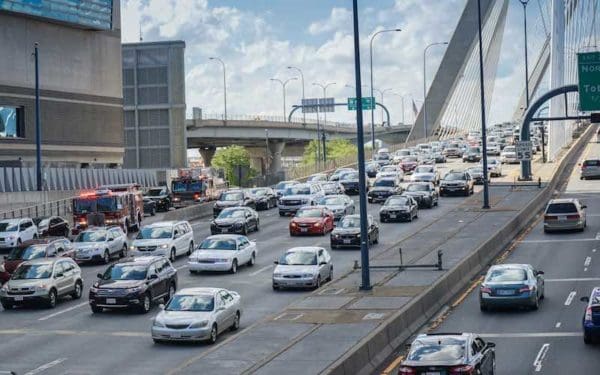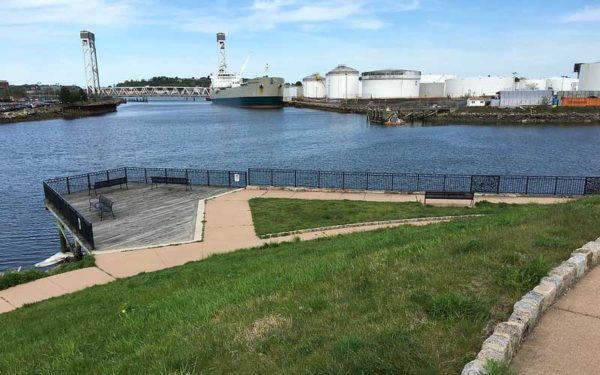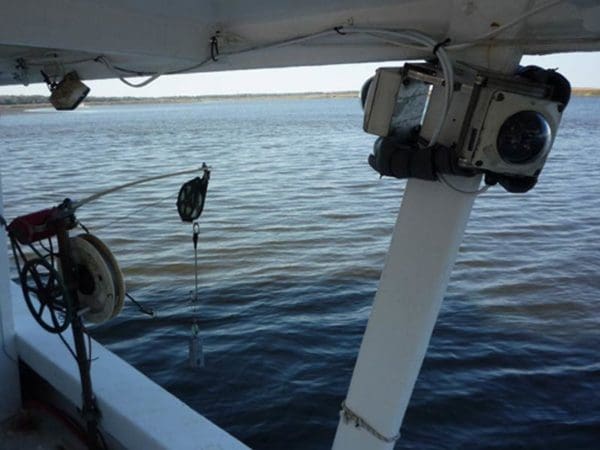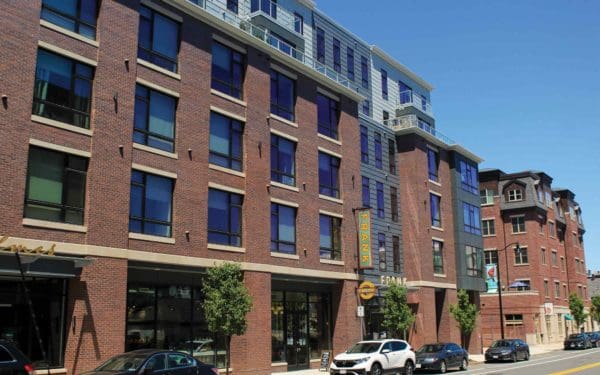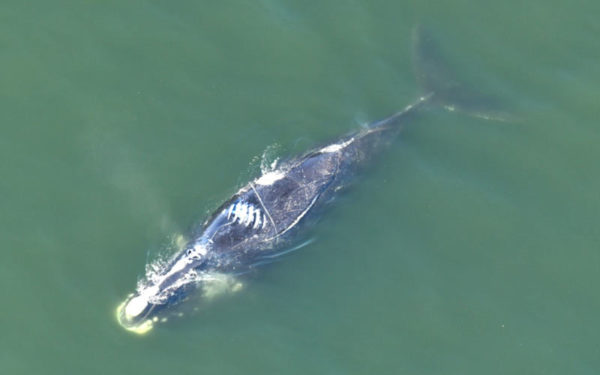Nov 17, 2020
I grew up in communities that needed environmental justice the most. I also lived in neighborhoods that already had the resources and ability to make change. Still, I didn’t understand the difference or know what the environmental world called the movement until later in life. I could only connect the dots when I had more access to education and a framework for understanding the issue.
Nov 13, 2020
“Three years ago this month, state energy officials totally disregarded—as ‘disruptive’—the attempts of Spanish-speaking residents to participate in a critical decision that will affect their community for decades,” said Amy Laura Cahn, Senior Attorney and Interim Director for Healthy Communities and Environmental Justice at Conservation Law Foundation, “Since that time, the EFSB has consistently failed to live up to its language access obligations under federal law. In yet another insult to this community, residents with limited access to technology will be further marginalized by a remote hearing.”
Nov 12, 2020
To help rebuild the cod population, scientists and managers must know how many fish are being caught by fishing boats. Thankfully, a recent vote by regional fishery managers brings us one step closer to collecting that valuable information.
Nov 10, 2020
Michele Cubelli Harris gets a new lease on life, thanks in part to CLF’s Healthy Neighborhoods Equity Fund
Nov 07, 2020
The presidential election result is a welcome relief – especially amid the ongoing stresses of an unrelenting pandemic, hobbling economic hardship, and an overdue racial reckoning. We all deserve to take a moment and celebrate that. But even as we see the core values of our democracy vindicated after relentless voter suppression efforts, now is not the time to grow complacent.
Nov 05, 2020
Scientists estimate that little more than 350 whales are left on the planet – a shockingly low number. It is our activities in the ocean – fishing, shipping, drilling, construction – that threaten the survival of this species. In the last three years, vessel strikes, in particular, have caused about half of the known or suspected deaths of right whales in the U.S. and Canada.
Nov 05, 2020
Nothing the Trump administration does to undermine our climate or the environment surprises me these days. But while the U.S. is dropping out of the Paris Agreement, the rest of the world is clearly committed. So are we here in New England.
Nov 03, 2020
Syd Romo is the Senior Digital Communications Associate at Conservation Law Foundation. He helps develop content and oversees CLF’s social media channels as well as email communications. Prior to joining CLF, Syd worked as a writer for Channel 7News Boston. He holds a bachelor of science in mass communication from Boston University with a focus… Continue reading Syd Romo

